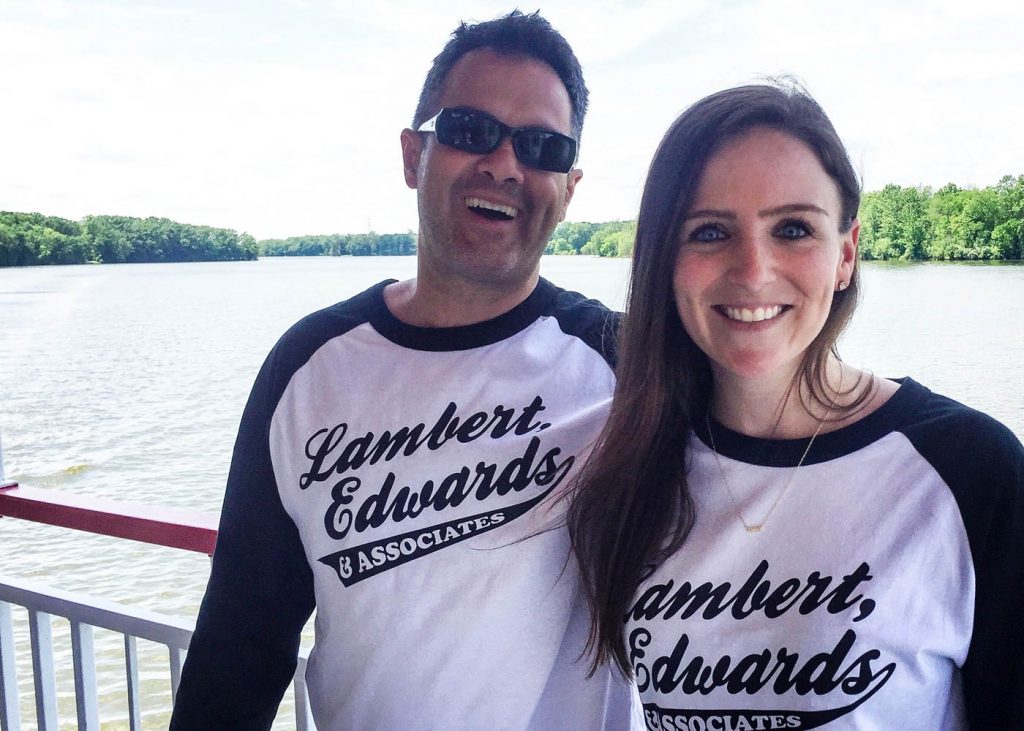 As someone who occasionally loses his temper (just ask my teenage daughter), I’m sure readers who know me might wonder why I raised my hand to write about emotional intelligence. It’s a great question. I’ll let you know when I figure it out.
As someone who occasionally loses his temper (just ask my teenage daughter), I’m sure readers who know me might wonder why I raised my hand to write about emotional intelligence. It’s a great question. I’ll let you know when I figure it out.
Emotional intelligence is a term you may have come across in recent years, as it’s gained a bit of steam in the mainstream media. For those who don’t know what the heck I’m talking about, the term refers to the ability to identify and manage your own emotions and the emotions of others (thanks Psychology Today for the succinct definition). As someone whose professional success depends on working well with others, I find emotional intelligence to be essential.
Over the years, I’ve had the tremendous fortune to work with exceptional PR professionals, including the remarkable team currently assembled across Lambert’s three offices here in Michigan. A large part of my role as senior director is fostering the success of those around me, and ensuring my colleagues don’t just survive the work week, but thrive in it. I believe that having high emotional intelligence, and applying it in the workplace, helps me further those goals.
One of the key skills associated with emotional intelligence is regulating emotions: your own and those of others. In the demanding environment of public relations, where deadlines are tight and emotions often run hot, that’s not always easy, but it is possible.
I pride myself on being an effective leader – hopefully, those I’ve worked with are nodding their heads in agreement. If I had to point to a reason for any success, I would say it would start with empathy, that is my ability to put myself in the other person’s shoes, to try and understand what they’re going through, how that’s impacting their work and what, if anything, I can do to help. To me, that’s the heart of emotional intelligence – even if it isn’t the text book definition. But if I’m able to address an issue before it festers in a colleague’s mind, it benefits our organization, our clients and me.
I realize to some this sounds like touchy-feely, new age mumbo jumbo. I get it. I’m the last person to subscribe to the “everybody gets a participation trophy” mindset. I’m not suggesting that we need to implement a hugs campaign to make everyone feel better about themselves and their work. Nor would I suggest you shouldn’t provide constructive counsel to colleagues when appropriate. What I am suggesting is that we spend time getting to know each other, identifying what drives us, what our goals are and what scares us. In doing so, our empathy and our resulting emotional intelligence will improve, along with our work environment, making everyone’s work week a little better.
Joe DiBenedetto is a senior director leading the education practice at Lambert.

